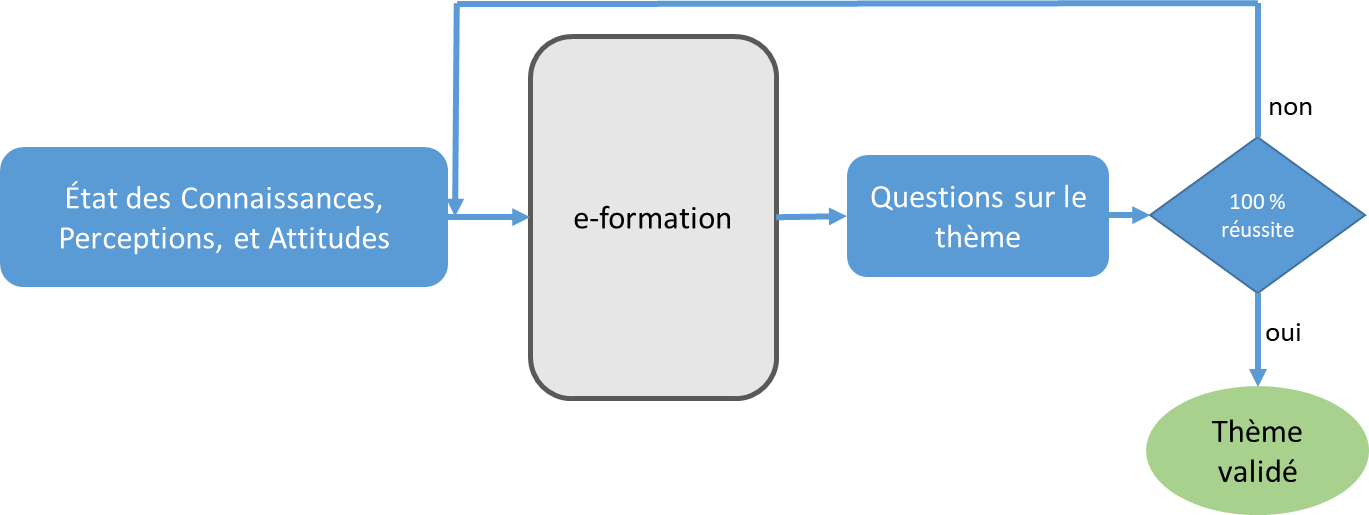In France, there is currently no lifelong educational continuum for road safety. The education and training system starts at nursery school, continues in secondary school and ends, for most people, at the time of the initial learning to drive a motor vehicle.
Now, with the generalization of Internet access, it is possible to imagine free and regular online self-training (e-training), which would provide users with adapted interactive modules. The follow-up of this e-training and its validation by questionnaire would lead to the delivery of a certificate necessary for the renewal of the license.
The public space can be the object of profound changes during the life of a driver or a road user in general. In addition, there are major technological upheavals, with the introduction on the roads of increasingly automated vehicles to which drivers must also adapt.
In this context, the training and support needs of users, and particularly motor vehicle drivers, are unfortunately rarely met. The European directive 2006/126/EC modified the validity period of driving licenses, which is now 10 or 15 years with renewal conditions specific to each member state. France has chosen a validity period of 15 years, with an administrative renewal at the end. This offers an opportunity to provide regular training to the holders of the driving license.
A two-module course with 100% success rate
The Committee of Experts proposes to make the renewal of the driver's license every 15 years conditional on obtaining a certificate of completion and validation of a free online mobility self-training course. Also called E-FPM, this self-training would give everyone the opportunity to follow the evolution of the highway code and the developments, and to think about and acquire knowledge in terms of safety on behaviors and risk-taking, new vehicle technologies, the specificities of different users, and also taking into account concerns related to the different stages of life.
Tailoring driver training to their current concerns would reinforce adherence to the system. This e-learning would also be an opportunity to approach the rules in a different way, by not only reminding them of the rule and the penalties for breaking it, but by explaining their justification, their rationale and their objective. The individual would be led to ask questions, and to learn by questioning. Virtuous behaviors that promote safety, health, and eco-responsibility would be encouraged.

The E-Mobility Periodic Training would be composed of a Main Module and a Complementary Module. The Main Module would be common to all drivers of motor vehicles, and the validation of all the topics that compose it would be necessary for the renewal of the driving license. The topics of the Complementary Module would be recommended according to age, mode of travel, life concerns, or freely chosen. Their validation would not be necessary for the renewal of the driving license.
It would not be an exam, since every participant, after one or more attempts, would eventually validate the topics of the Main Module, and therefore obtain the certificate of achievement necessary for the renewal of the driving license.
The content of the training should be carried out according to specifications that respect current legislation and up-to-date scientific knowledge, in partnership with the various road safety stakeholders (INSERR, associations, etc.). These contents should be validated by the Road Safety Delegation and updated regularly.
Users who do not have access to a computer and/or who need specific support could go to the public service centers to access the training platform. The self-training could be made freely available to all users of the public space.

